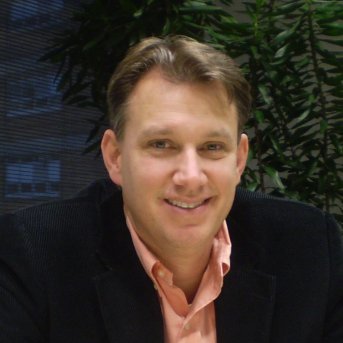Currently “rife with complexity,” defined contribution (DC) plans at health care organizations could learn a thing or two about governance from corporate plans, according to NEPC.
In a survey of health care and corporate plan sponsors, the consultant found that health organizations have more plans, larger investment committees, and slower decision-making processes than the average corporation.
“The sheer size and complexity of the DC program may feel like it requires a Herculean effort to manage,” wrote NEPC’s Ross Bremen and Timothy Fitzgerald.
Like corporate plans, health care organizations have largely transitioned from defined benefit (DB) to DC, with just 21% still offering an open DB plan. Unlike corporate plans, health care funds often have multiple DC plans, including 403(b), 401(a), and 401(k) offerings.
These multiple plans result from mergers and acquisitions in the health care sector, where health system choose to keep existing plans separate instead of consolidating them due to regulatory and other considerations.
The result is that the average corporation surveyed had just one DC plan, while the average health care organization had three. Yet despite the higher workload, NEPC found that health care organizations had roughly the same number of investment staff as corporate plans.
Investment committee size, meanwhile, differed significantly, with health care organizations more likely to have large committees with 7 members or more. The larger numbers, combined with a greater tendency to use a consensus-driven decision-making model, resulted slower decision-making, NEPC said.
According to the survey, nearly 30% of health care plans cited timeliness in decision making as the biggest challenge for their investment committees, compared to just over 10% of corporate plans.
“While size may have other benefits, timeliness in decision making is not one of them,” Bremen and Fitzgerald wrote.
Though the NEPC consultants praised health care organizations for “effectively adapting” and “managing significantly greater complexity than their corporate peers,” they said there is certainly room for improvement on governance structures.
“There may be some learnings from what many corporate plans have adopted,” they concluded.

 Colin Butterfield
Colin Butterfield